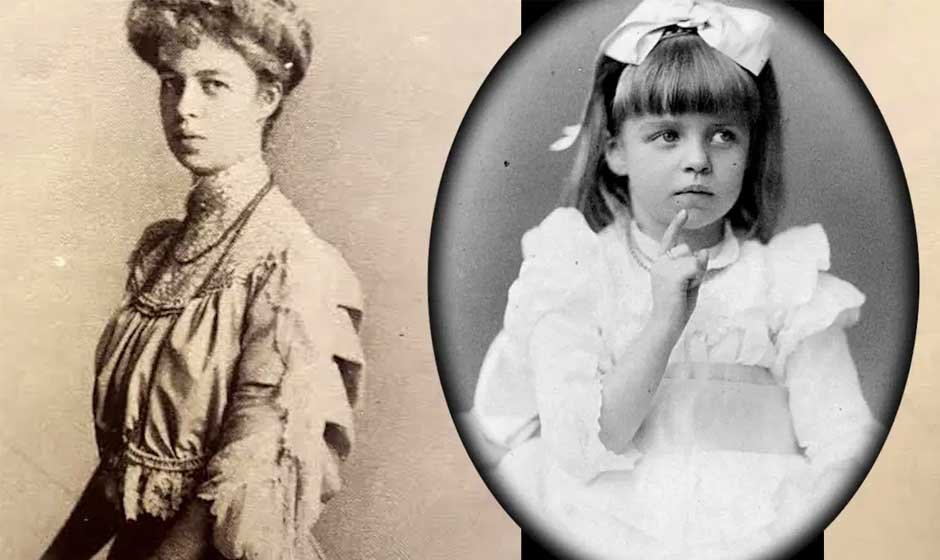John “Jack” McCall, a name that echoes through the annals of the American Wild West, remains a figure shrouded in both intrigue and infamy. Born around 1852 in Jefferson County, Kentucky, his early life was largely unremarkable, offering little indication of the pivotal, and ultimately tragic, role he would play in frontier history.
Raised with three sisters, McCall drifted westward as a young man, eventually finding himself in the rough-and-tumble world of buffalo hunters. His path was one of a drifter, a common narrative for many young men seeking their fortune on the frontier.
By 1876, operating under the alias “Bill Sutherland,” he found himself in a bustling gold mining camp just outside Deadwood, Dakota Territory. It was within this lawless, burgeoning settlement that his fate would irrevocably intertwine with that of a true Western icon.
The Fateful Day in Deadwood: The Killing of Wild Bill Hickok
The pivotal moment in Jack McCall’s life, and indeed a defining event in the history of the Old West, unfolded on August 2, 1876. On that fateful day, within the confines of Nuttal & Mann’s Saloon #10 in Deadwood, McCall committed the act that would forever brand his name: the assassination of James Butler “Wild Bill” Hickok.
Hickok, a legendary lawman and gunfighter, was engaged in a game of poker, uncharacteristically with his back to the saloon’s entrance – a fatal departure from his usual cautious habits. McCall, reportedly inebriated and harboring a deep-seated resentment from a perceived slight by Hickok the previous day, stealthily approached from behind.
Without warning, McCall drew a .45-caliber revolver and shot Hickok in the back of the head, shouting, “Damn you! Take that!” Hickok died instantly, holding what would become known as the “Dead Man’s Hand” – a pair of aces and a pair of eights.
The Controversial First Trial and Acquittal
In the immediate aftermath of the shooting, Deadwood, then an unorganized territory, operated without a formal legal framework. An impromptu miners’ court was hastily assembled at McDaniel’s Theatre to preside over McCall’s trial for Hickok’s murder.
During this makeshift trial, McCall asserted that his actions were a direct retaliation for Hickok having previously killed his brother in Abilene, Kansas. This assertion, despite later being debunked, found a receptive audience within the prevailing ethos of frontier justice.
Remarkably, after only two hours of deliberation, the jury returned a verdict of “not guilty.” This controversial acquittal sparked outrage and disbelief, with the Black Hills Pioneer famously editorializing about the ease with which one could commit murder and escape justice in the mining camps.
Retrial, Conviction, and Execution
McCall’s newfound freedom proved fleeting. His imprudent boasts about having killed Hickok, made while in Wyoming Territory, eventually reached the ears of U.S. authorities. They swiftly declared the Deadwood trial null and void, citing its lack of proper legal jurisdiction.
He was subsequently arrested and transported to Yankton, the capital of Dakota Territory, where he faced a legitimate federal trial. This time, the legal proceedings were far more rigorous, and McCall’s fabricated tale of avenging a brother’s death was thoroughly debunked.
On December 6, 1876, Jack McCall was found guilty of murder. He was sentenced to death by hanging and was executed on March 1, 1877, at the age of 24. His execution marked the first legal hanging in Dakota Territory.
The Enduring Impact and Historical Significance
Jack McCall’s act, seemingly a random outburst of violence, cast a long shadow over the nascent American West. The murder of Wild Bill Hickok, a figure already larger than life, inadvertently cemented Hickok’s legendary status and further fueled the mystique surrounding the untamed frontier.
McCall’s trial and subsequent execution served as a stark illustration of the chaotic state of law and order in the burgeoning Western settlements. It underscored the critical transition from informal miners’ courts to more formalized legal systems, a pivotal development in the evolution of the territories.
His story serves as a stark reminder of the harsh realities and often brutal justice that characterized the era, where reputations were forged and lost in a single, violent act.
Jack McCall in Popular Culture
Despite his brief and ignominious career, Jack McCall has carved out a surprisingly enduring, albeit dark, niche in popular culture. His role as the assassin of Wild Bill Hickok has guaranteed his inclusion in countless historical accounts, books, and documentaries chronicling the American West.
Perhaps his most prominent portrayal is in the HBO series “Deadwood,” where he is depicted as a volatile and somewhat pathetic figure, driven by a mix of fear, alcohol, and a desperate need for recognition. This fictionalized account, while taking liberties with historical accuracy, has introduced McCall to a new generation of viewers.
The reenactment of Hickok’s killing and McCall’s capture is a popular tourist attraction in Deadwood, South Dakota, further solidifying his place in the collective memory of the Wild West. His story, though tragic and violent, continues to fascinate, serving as a cautionary tale of ambition, desperation, and the unforgiving nature of frontier life on the frontier.













